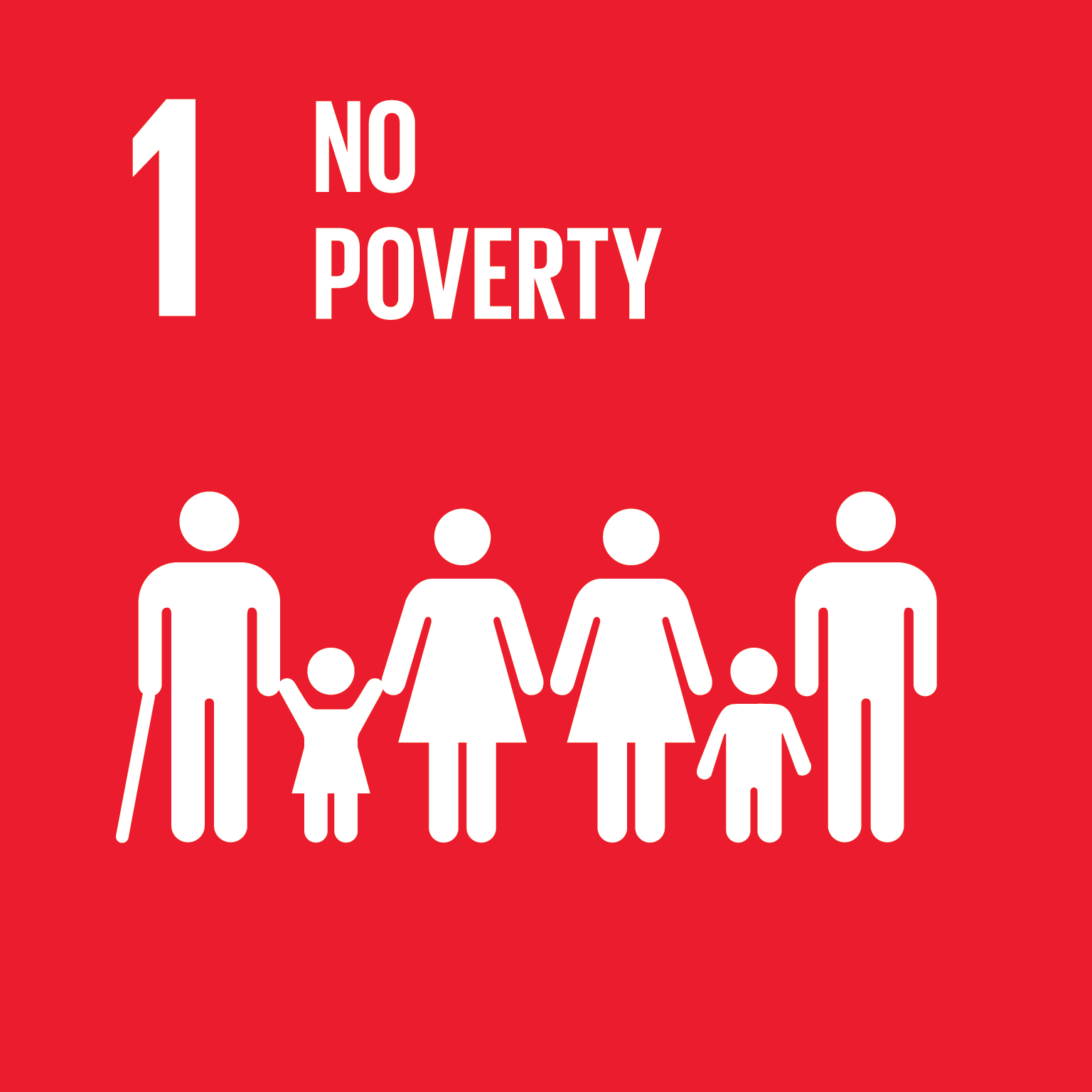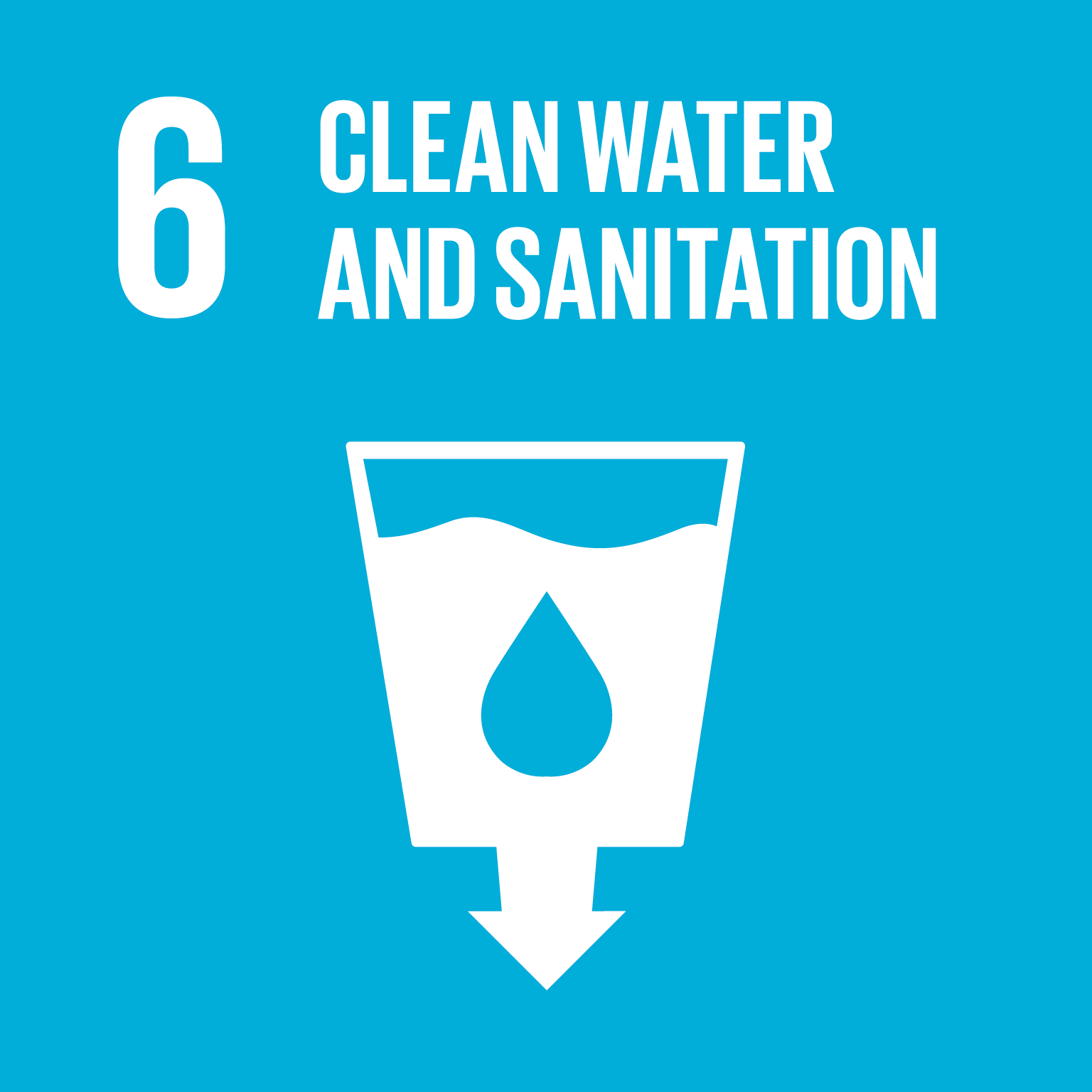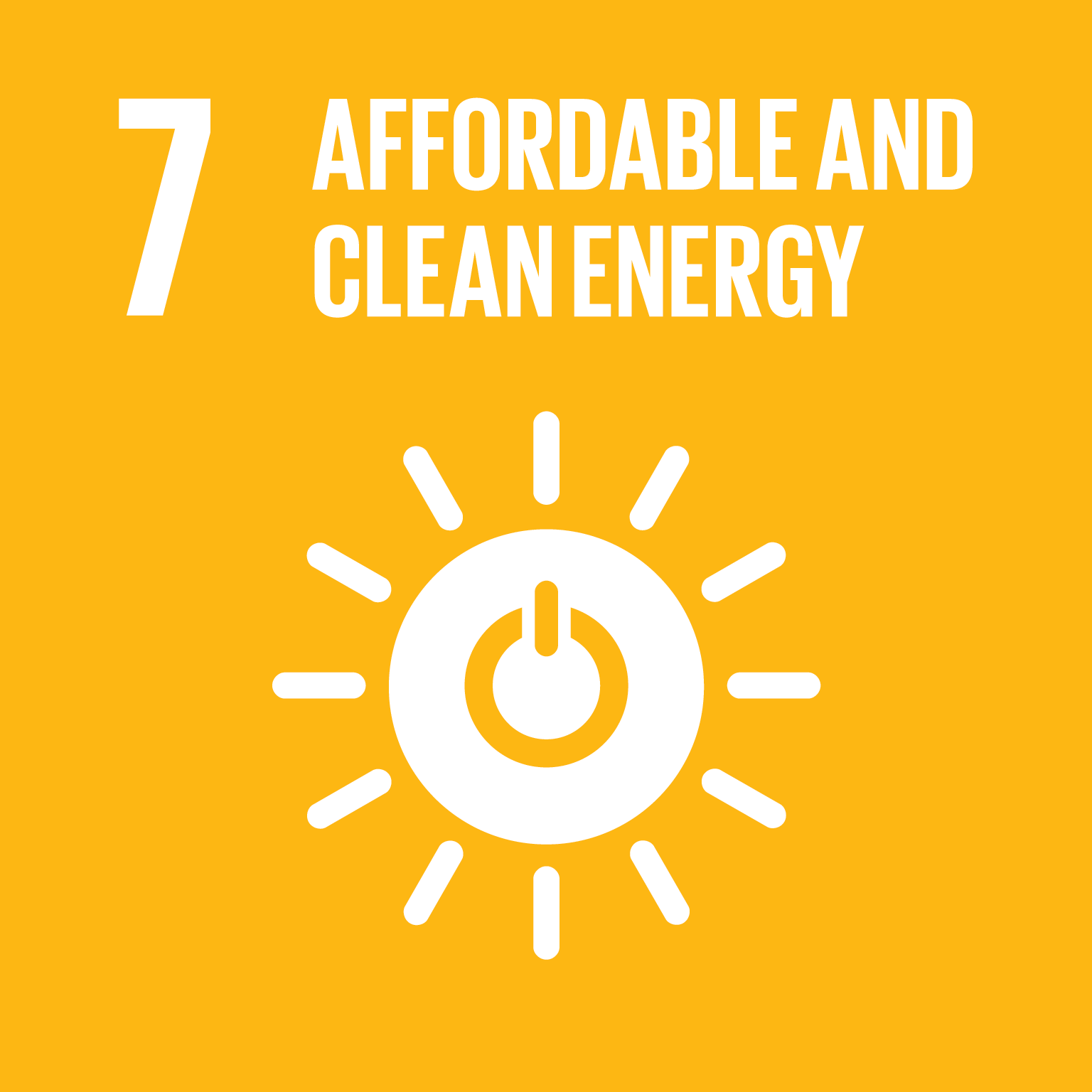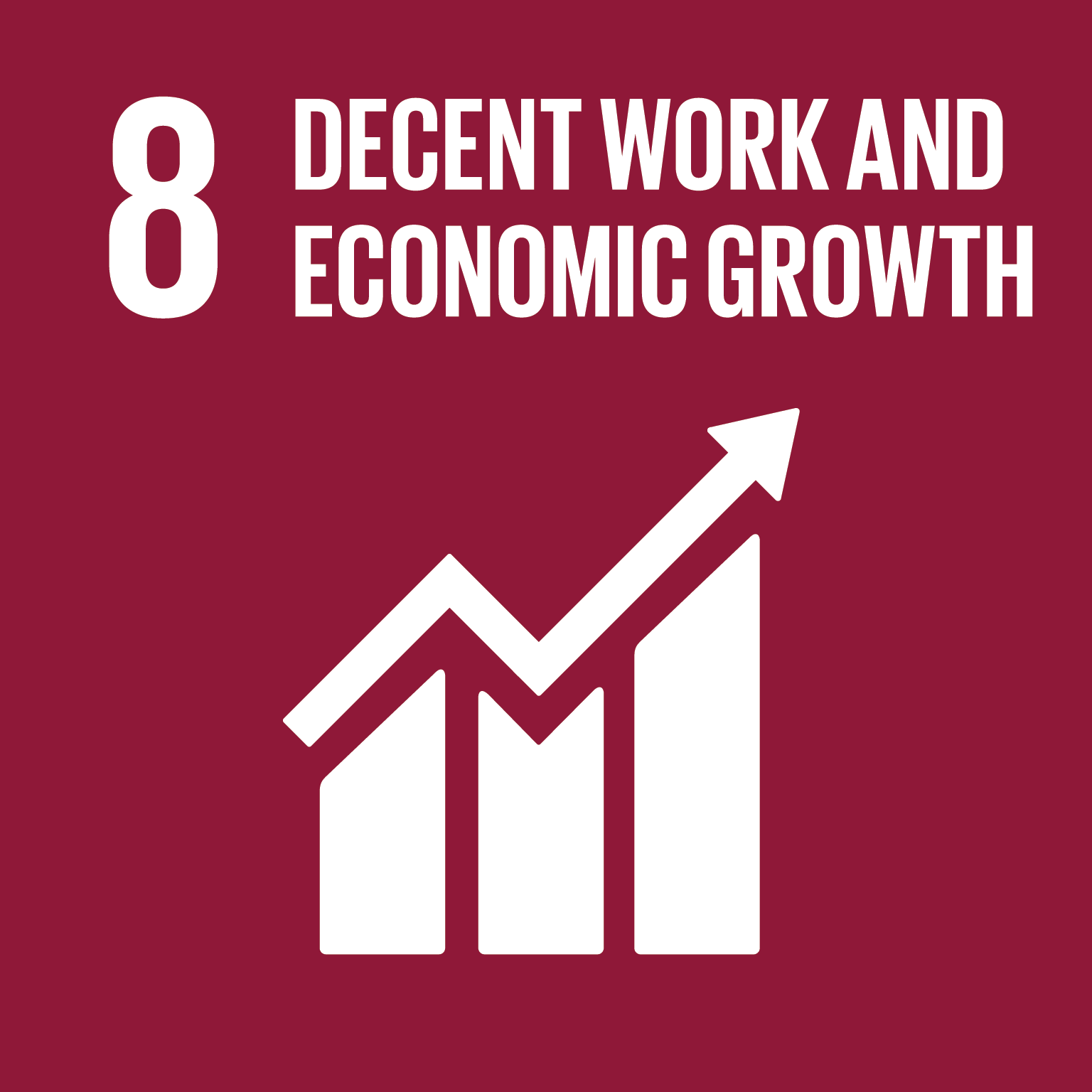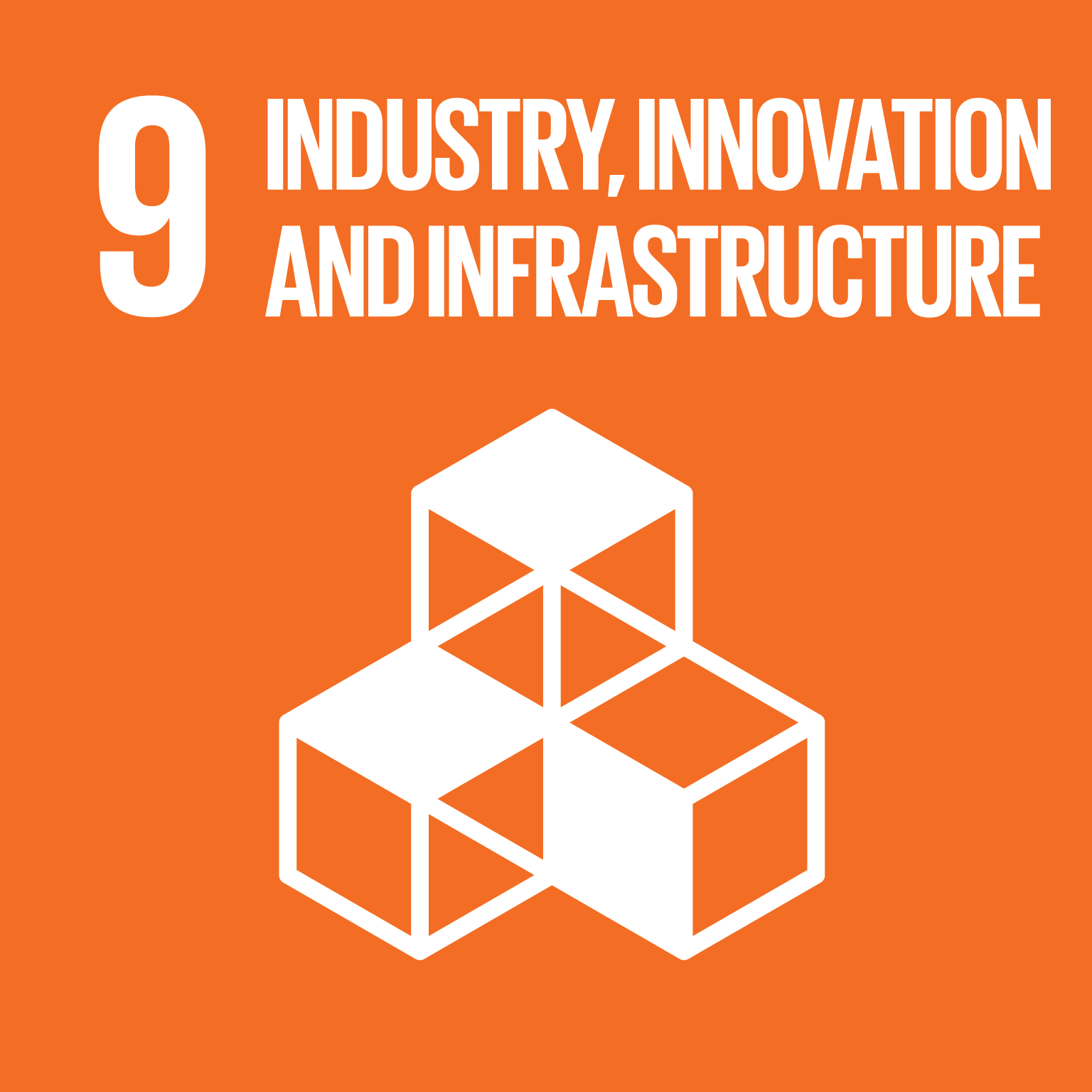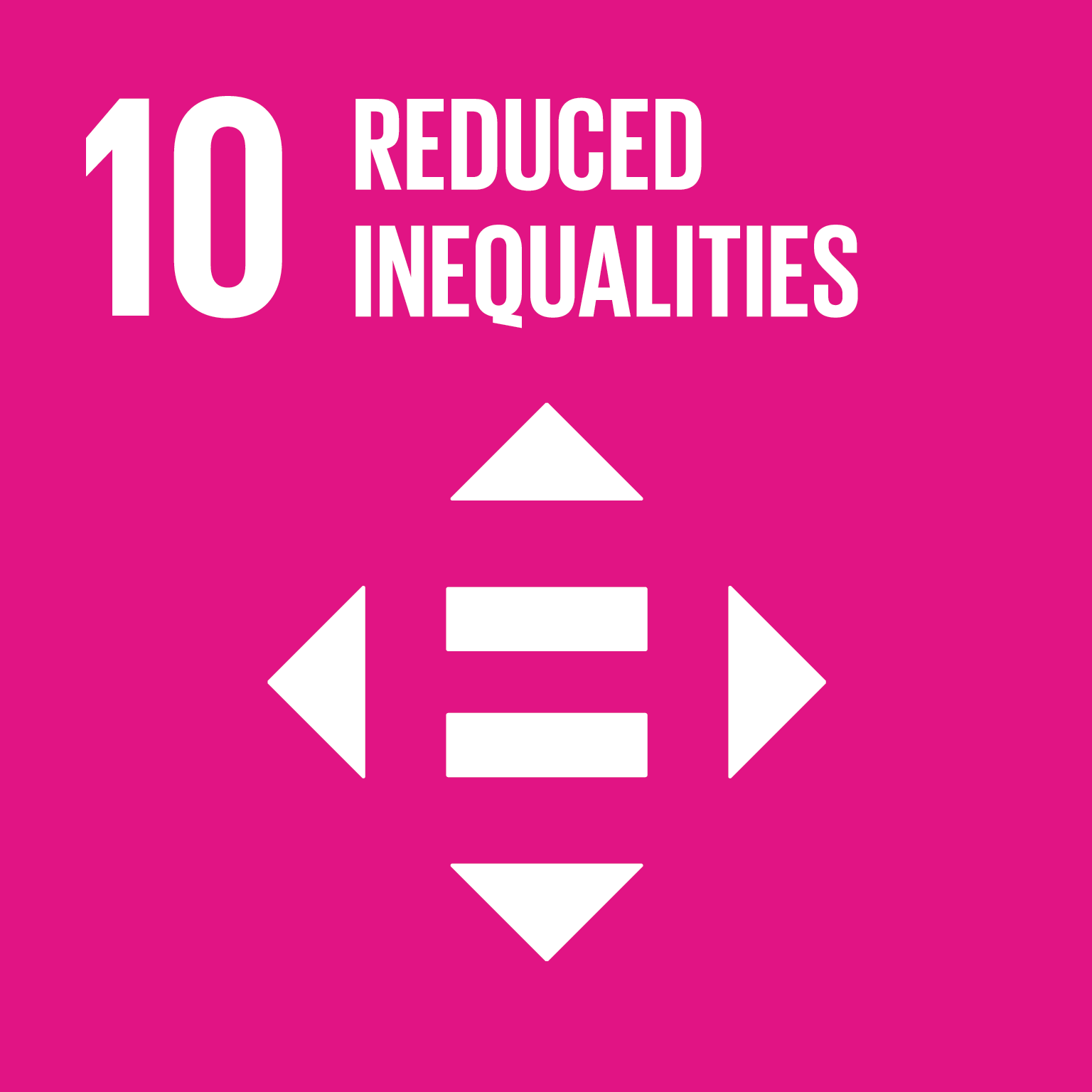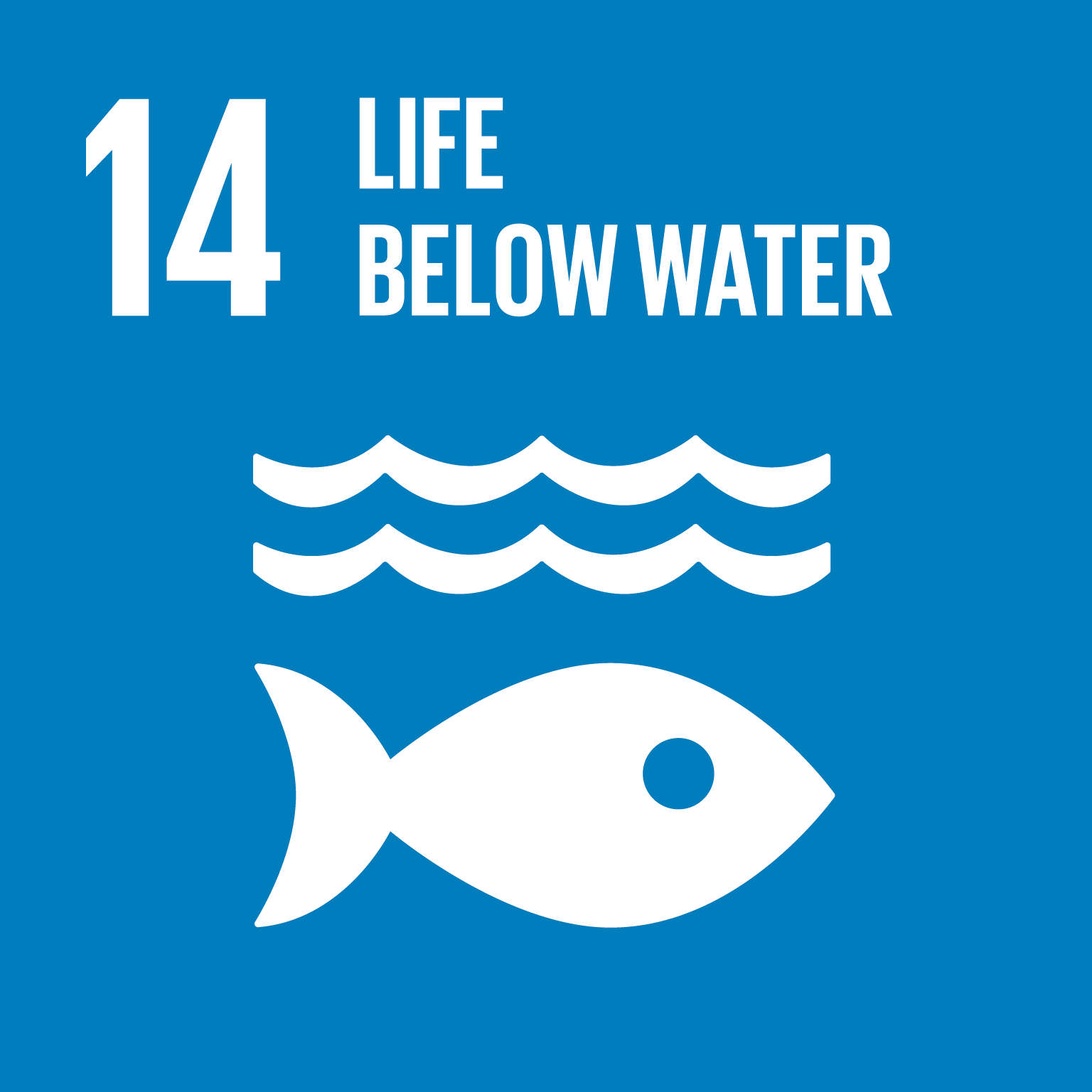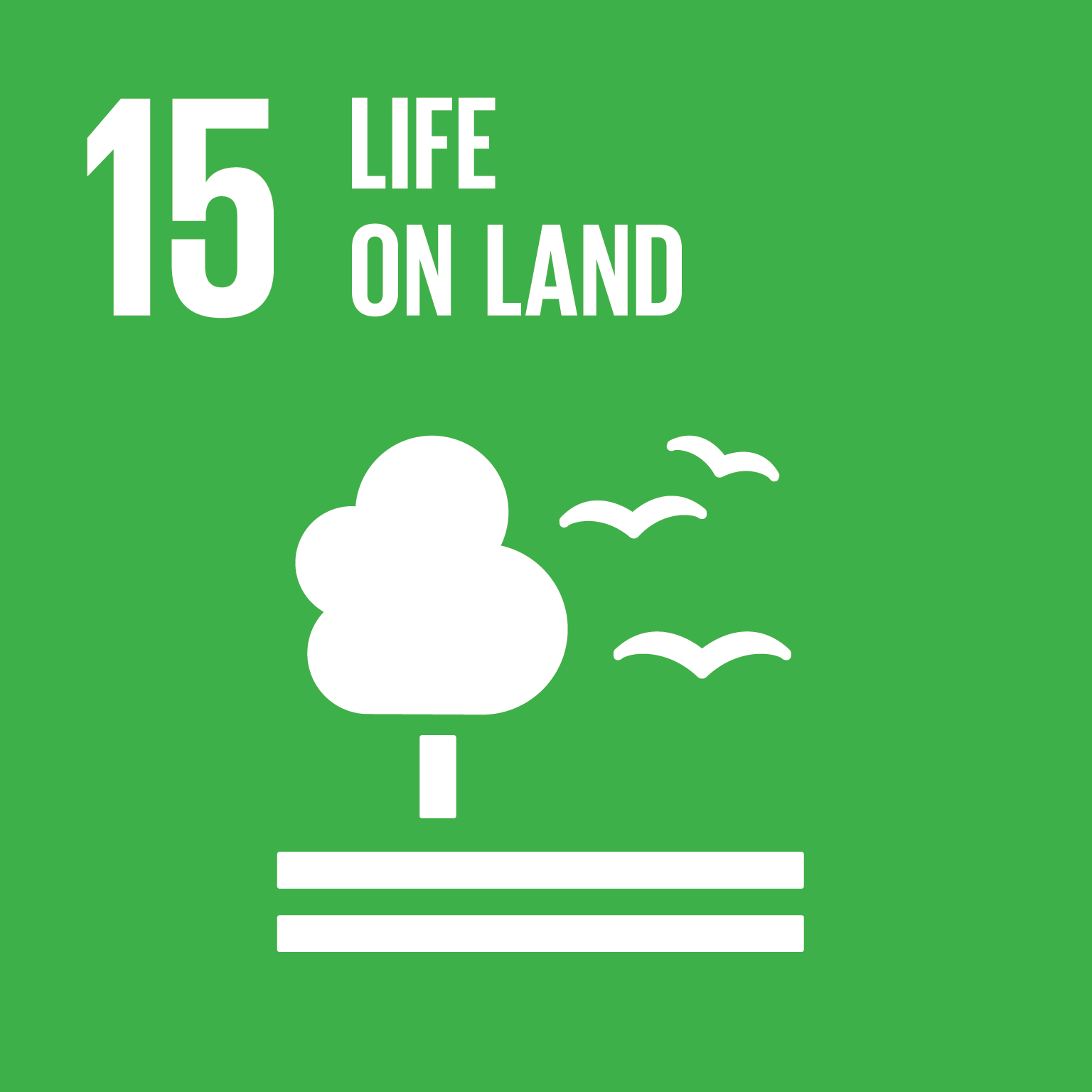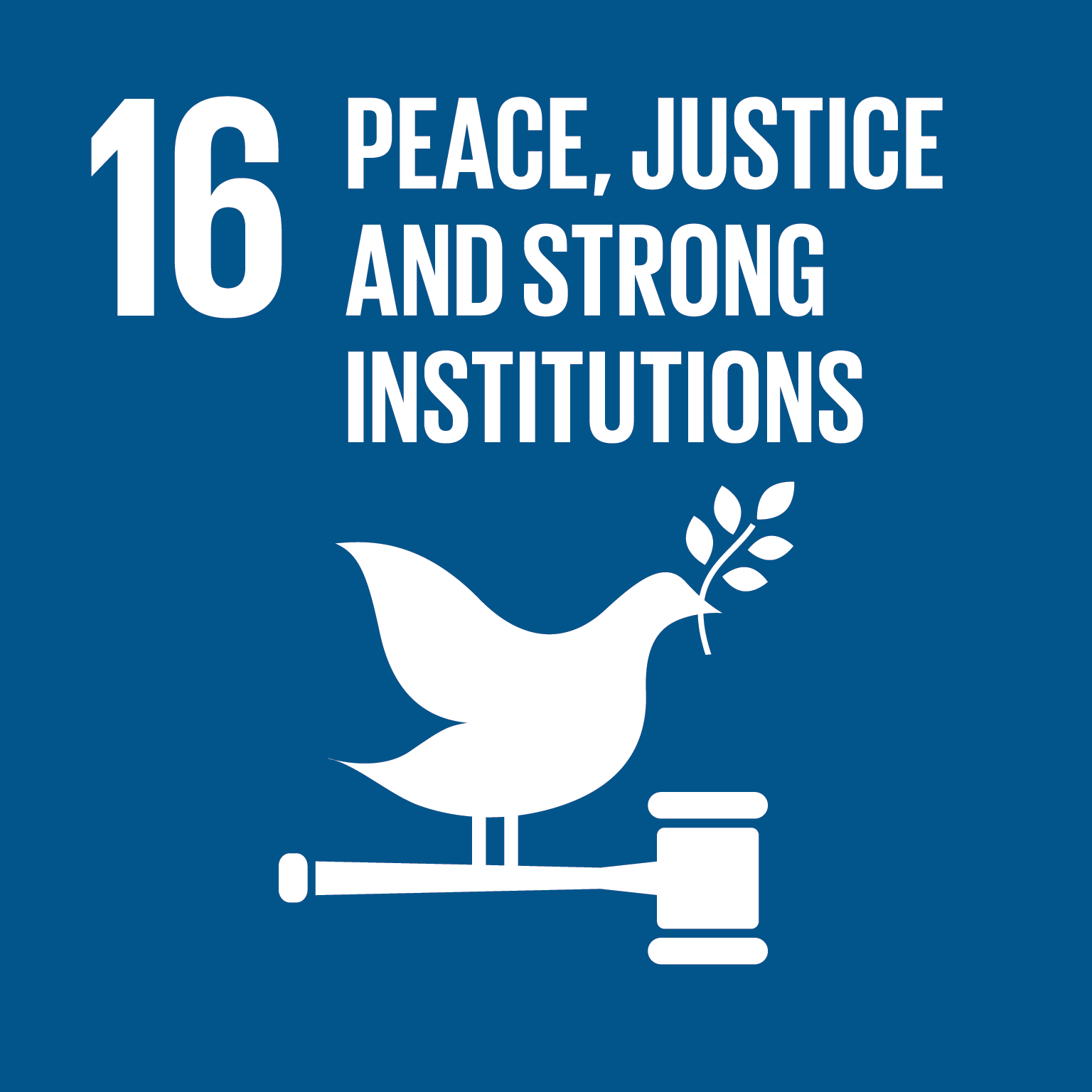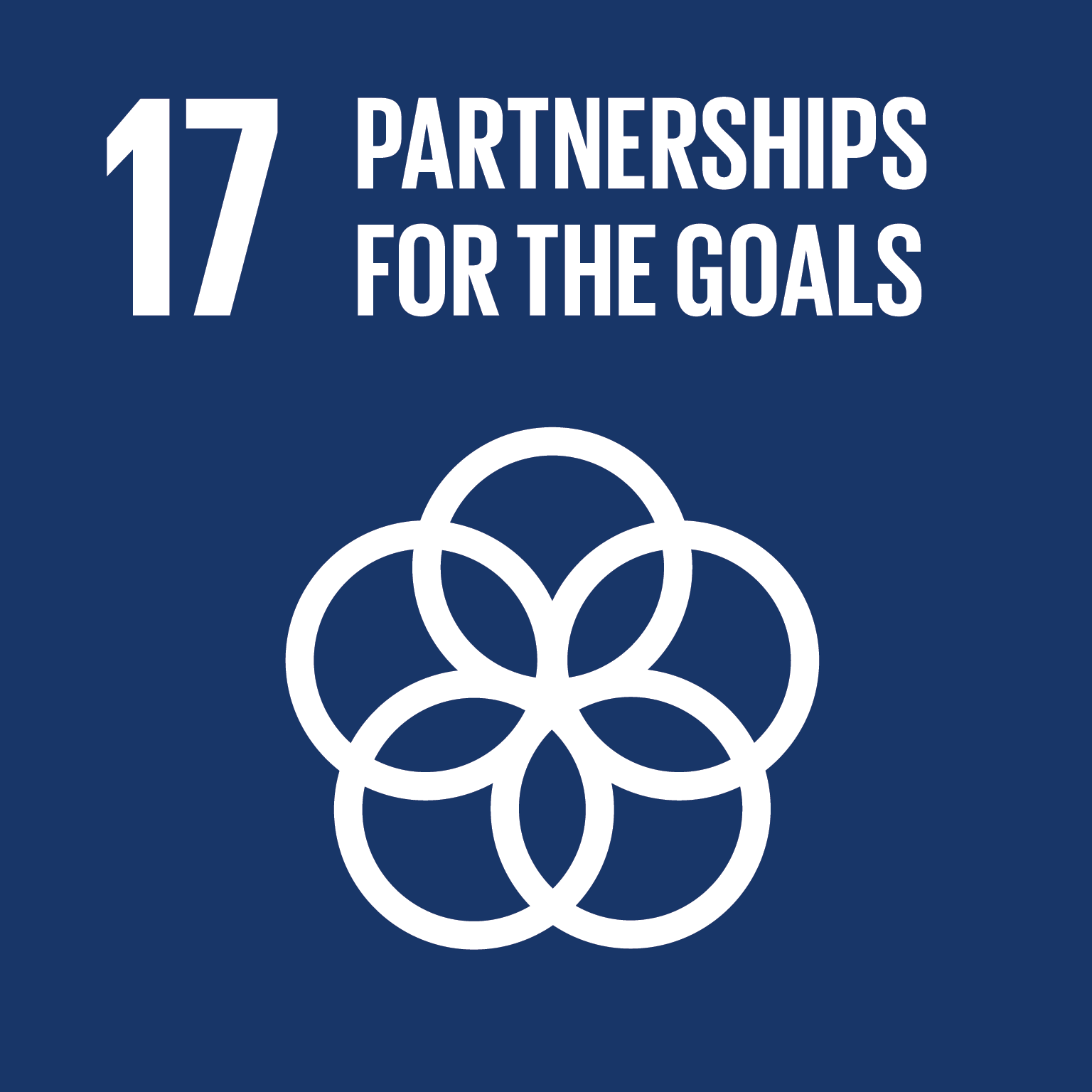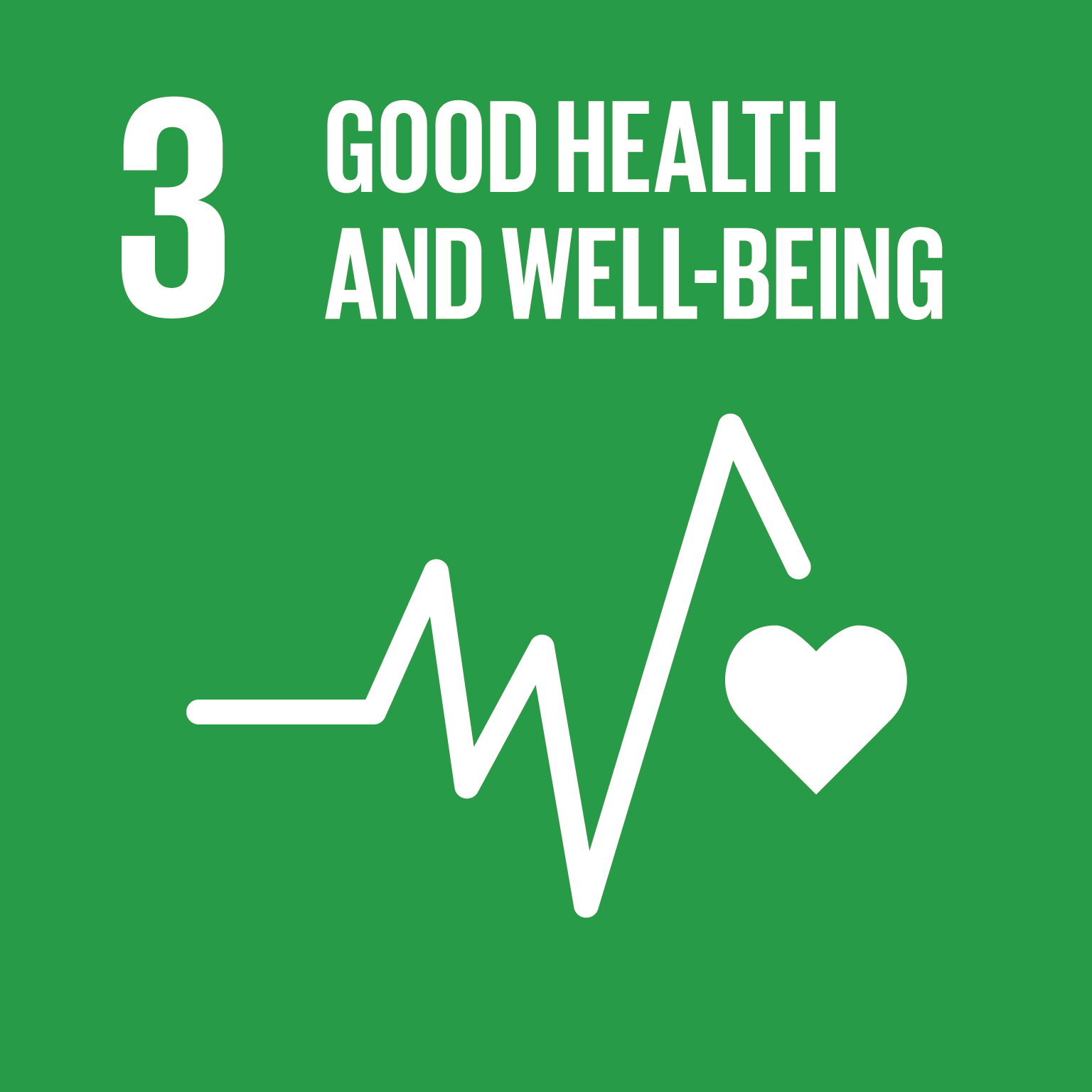Overview
Building Youth Leadership
13 October 2016
Venue: Knowledge Dock, University of East London, London, United Kingdom
Diaspora
The collaboration between the Diaspora and those working within the country of origin offers several opportunities and contributes to increase productivity towards sustainable and inclusive knowledge-based growth. Building constructive relationships between the Diasporas and countries of origin require that Diasporas be treated not as a mere resource, but as partners and investors with mutual benefits.
It has long been argued that Diasporas will be most interested in contributing to SD efforts when they have a sense of belonging in relation to their country of origin. Therefore, it is very important to establish trust between Diasporas and governments in the country of origin. In doing so, governments need to invest in identifying their Diasporas abroad and in understanding their skills and interests.
Many sustainability problems can only be tackled by connecting the diaspora with those working within the country of origin, for example combating the results of climate change, diseases such as malaria, reservation of natural resources, fighting land degradation or limiting the loss of biodiversity and many other problems. Moreover, knowledge or evidence-based policymaking is indispensable if gaps in living standards are to be narrowed. Therefore, building capacity in country of origin is necessary for competing in the global arena and there it is critical to turn the diaspora into a positive tool for SD as well as serving as role models for the youth in the country of origin.
Location
London, Greater London, England, United Kingdom
Team
The conference is organised by several committees from WASD and under close supervision of WASD Advisory Board.
WASD Team
- Prof. Allam Ahmed: Co-Chair and President WASD
- Janet Snow: International Coordinator and Editor
- Mervyn Clingan: Video Production
